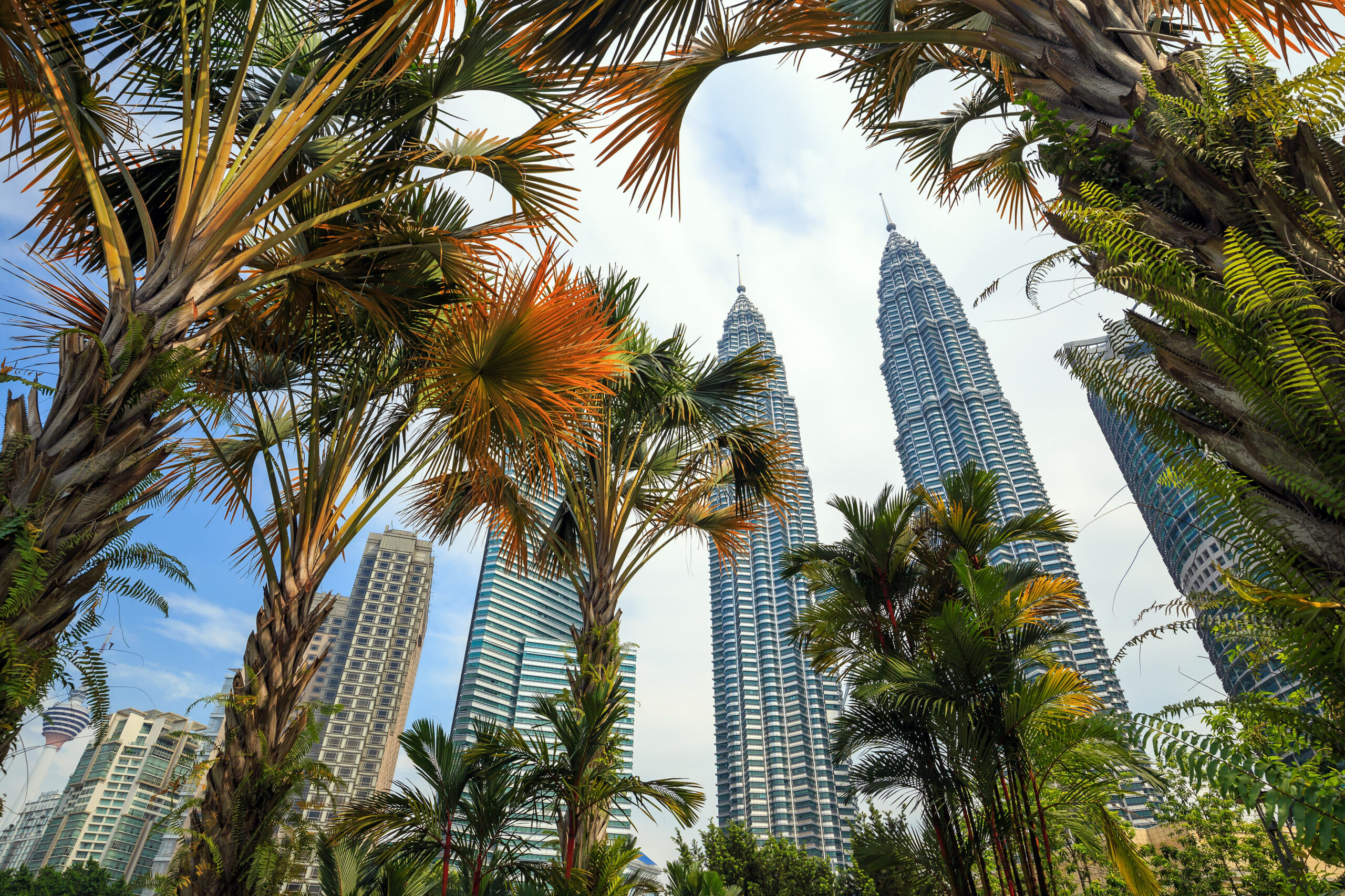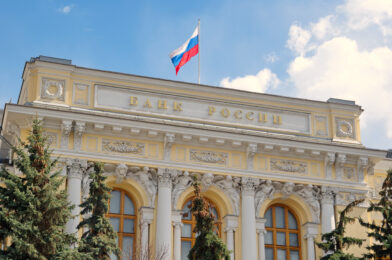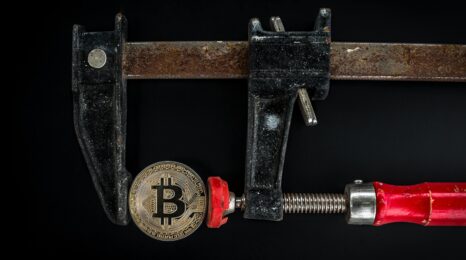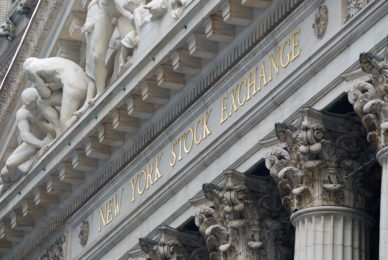
Malaysia cuts blanket diesel subsidies to improve finances, prices rise over 50%
- Diesel prices in Peninsular Malaysia have increased over 50% as the government ends blanket subsidies.
- The subsidy removal is expected to save the Malaysian government approximately US$852 million annually.
- A 200-ringgit monthly handout is offered to 30,000 eligible Malaysians.
Malaysia is implementing significant changes to its diesel subsidy policy, effective Monday, in an effort to improve the country’s financial situation.
The decision, announced by Second Finance Minister Amir Hamzah Azizan at a press conference in Putrajaya on Sunday, fulfills a key government pledge.
Diesel will now be sold at market prices, which will be set weekly in Peninsular Malaysia. However, retail diesel prices will continue to be subsidized in the states of Sabah and Sarawak in East Malaysia.
Diesel prices soar from 2.15 to 3.35 ringgit per litre
Copy link to sectionThe price of diesel in most parts of Malaysia has surged from 2.15 ringgit to 3.35 ringgit (46 to 71 US cents) per litre, marking an increase of over 50%.
This change comes as the government eliminates the blanket subsidy, which previously cost an estimated 4 billion ringgit (US$852 million) per year and contributed to rampant fuel smuggling into neighboring Thailand.
Malaysian drivers expressed frustration on Monday as the new prices took effect. A civil servant shared his concern about the rising costs.
“I’m not ‘uber rich,'” he said, noting that his seven-seater SUV was purchased for its comfort and safety for his family of six. Now, he is considering downsizing to a more economical vehicle.
Government offers 200-ringgit monthly handout to eligible Malaysians
Copy link to sectionIn an attempt to cushion the impact of the subsidy removal, the government is offering a 200-ringgit (US$43) monthly handout to approximately 30,000 eligible Malaysians.
However, the handout comes with stringent conditions: the vehicles must be at least 10 years old and valued under 100,000 ringgit (US$21,300).
This excludes many middle-income drivers, leading to further discontent.
A local taxi driver highlighted his ineligibility for the handout despite facing an increase in his monthly fuel bill from 1,653 ringgit to 2,576 ringgit for 769 litres of diesel.
“Even if eligible, it’s just 200 ringgit,” he said. “The difference is almost 1,000 ringgit. To whom do I claim? My clients?”
Financial benefits and challenges of the subsidy cut
Copy link to sectionEnding the blanket fuel subsidy is expected to save the Malaysian government hundreds of millions of US dollars annually.
Additionally, it aims to reduce the incentive for smuggling subsidized diesel into Thailand, where fuel prices are higher.
Second Finance Minister Amir Hamzah Azizan emphasized the importance of these savings, stating that Malaysia cannot afford to continue losing billions of ringgit due to diesel smuggling and misappropriation.
Despite the financial benefits, the subsidy cut poses risks. An opposition Pas party politician warned of potential inflationary pressure on goods and services.
Shahir Sulaiman, the politician, stressed the need for enforcement to control prices and prevent profiteering, especially in the agricultural and logistics sectors that are still protected under the subsidy scheme.
Potential long-term savings and economic impact
Copy link to sectionResearch by Hong Leong Investment Bank in March suggested that floating the retail prices of both petrol and diesel could save the government 29 billion ringgit (US$6.2 billion). However, this would come at the cost of a 64% increase in fuel costs for the public.
Prime Minister Anwar Ibrahim acknowledged the challenge, stating at the Qatar Economic Forum in May,
I concede that things need to be done, but it needs to be done judiciously. Because in no way will I punish the masses.
More industry news







